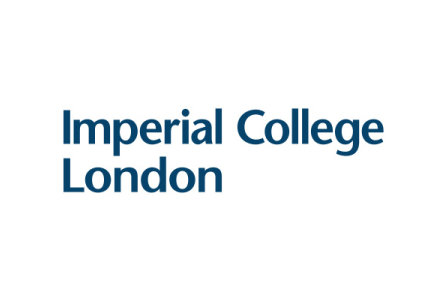Imperial College London: Immune system insights and Thai climate calculator: News from the College
Here’s a batch of fresh news and announcements from across Imperial.
From insights into cell signalling in the immune system, to a new energy and emission model for Thailand, here is some quick-read news from across the College.
Immune cell signalling
IL-27 is made up of two different parts calls EBI3 and p28. Together, these make up a signal that is recognised by protein receptors to control inflammation during an immune response. The team used a technique called cryo-electron microscopy to reveal in molecular detail the interaction interfaces between IL-17 and its two receptors that control signalling.
The team say the structure they discovered will provide a blueprint for designing new therapeutic cytokines that can tune the strength of these immune messages. They will next look at how these proteins behave within a membrane.
Diversity and mentorship in science
Title slide of a video that reads’ Diversity and Mentorship in Science’, with a photo of the researcherRecent BSc Chemistry graduate Clare Yijia Xie was nominated by the National Research Foundation Singapore this year to attend the 71st Lindau Nobel Laureate Meeting. These meetings, established in 1951, support the exchange between different generations, scientific disciplines, and cultures. At the meetings in Lindau, Germany, around 30-40 Nobel Laureates convene to meet the next generation of leading scientists: 600 undergraduates, PhD students, and post-doc researchers from all over the world.
In an interview during the meeting, Clare discussed the importance of diversity and mentorship in science. She shared how a female professor’s mentorship during her undergraduate at Imperial and the guidance of others helped her progress to the next stage of her academic journey. Clare is currently a research engineer at IHPC, A*STAR; she will start her PhD studies at Harvard University in the autumn.
The Thailand 2050 Calculator will help the Energy Policy and Planning Office (EPPO) of the Ministry of Energy in Thailand to implement its climate change mitigation plan including monitoring and evaluation of greenhouse gas reduction strategies.
The tool will be used to develop energy-related policies to improve Thailand’s future greenhouse gas reduction measures. In addition, it will help to enhance EPPO’s potential to analyse energy demand and supply data related to environmental aspects.
Paisan Sukpanit, a Research Postgraduate at Imperial’s Centre for Environmental Policy and core member of the Consortium team for Thailand, said: “The Thailand 2050 Calculator can be an important supporting tool in Thailand’s transition to net-zero emissions. The model’s capacity to capture both the emissions from the energy and non-energy sectors is a major advantage to assist communications between organisations to tackle the complex challenge of climate change, which requires actions from all sectors.”
The interactive energy model was delivered under the UK Government’s international 2050 Calculator programme, funded by the Department for Business, Energy and Industrial Strategy. It was led by global engineering, management and development consultancy Mott MacDonald and a consortium which includes Imperial College London, Climact, and Ricardo.

